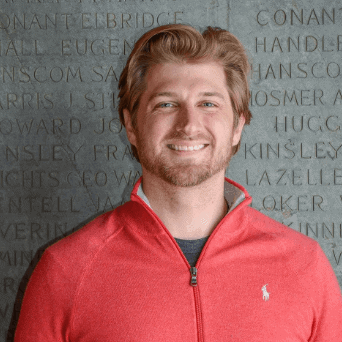Menu
If your student is feeling frustrated, confused, or overwhelmed by their Math class, Open Door tutors can help. Whether your student needs help understanding and applying challenging new concepts, reviewing old material that they didn’t fully grasp, or simply learning how to study effectively, our team will take the time to understand your student’s needs and then connect them with a great-fit tutor who will help them to develop the skills, habits, and confidence that will support their long-term success in Math-based courses.




James Joseph Sylvester

James Joseph Sylvester

Alfred North Whitehead

Alfred North Whitehead

Albert Einstein

Albert Einstein

Pythagoras

Pythagoras
In Pre-Calculus, students begin to work with higher order polynomial functions and apply concepts from geometry and trigonometry to the XY plane. Naturally, Pre-Calculus introduces concepts that are central to Calculus. Therefore, a strong grasp of the material is a boon to students as they move on to their final high school math class.

Joseph Fourier
In Pre-Calculus, students begin to work with higher order polynomial functions and apply concepts from geometry and trigonometry to the XY plane. Naturally, Pre-Calculus introduces concepts that are central to Calculus. Therefore, a strong grasp of the material is a boon to students as they move on to their final high school math class.

Joseph Fourier

Dean Schlicter

Dean Schlicter
Trigonometry, the “math of triangles”, acts as the link between planar geometry and the XY plane, connecting Geometry and Algebra. From SOH-CAH-TOA to the Unit Circle to sinusoidal waves, Trigonometry requires students to learn new models of understanding proportional relationships within shapes. It also comes with its own unique form of notation and rules, separate from most of what they have encountered in other math classes.

Gaurav Sharma
Trigonometry, the “math of triangles”, acts as the link between planar geometry and the XY plane, connecting Geometry and Algebra. From SOH-CAH-TOA to the Unit Circle to sinusoidal waves, Trigonometry requires students to learn new models of understanding proportional relationships within shapes. It also comes with its own unique form of notation and rules, separate from most of what they have encountered in other math classes.

Gaurav Sharma

William Paul Thurston

William Paul Thurston

SAT/ACT, SSAT, German, Spanish, Writing, Organization
Tom’s first experience with one-on-one education came through an informal language exchange program in Berlin, Germany, where he lived for parts of 2007 and 2009.


SAT, Writing, Organization, Humanities
Jazz graduated as the only Sikh student in her class at Harvard College. She began tutoring as a way to make education more accessible for her local community of underserved black and brown students and immigrants in L.A.



SAT/ACT, SSAT, German, Spanish, Writing, Organization
Tom’s first experience with one-on-one education came through an informal language exchange program in Berlin, Germany, where he lived for parts of 2007 and 2009.


SAT, Writing, Organization, Humanities
Jazz graduated as the only Sikh student in her class at Harvard College. She began tutoring as a way to make education more accessible for her local community of underserved black and brown students and immigrants in L.A.



